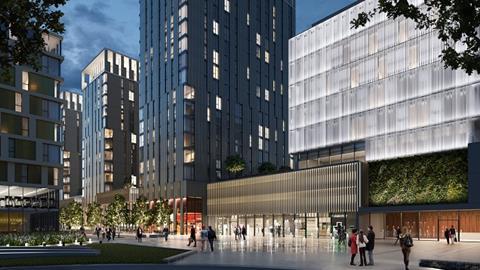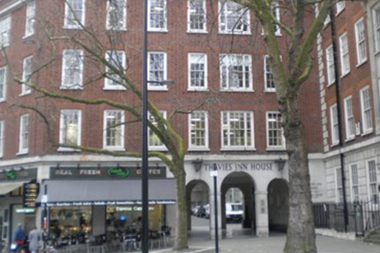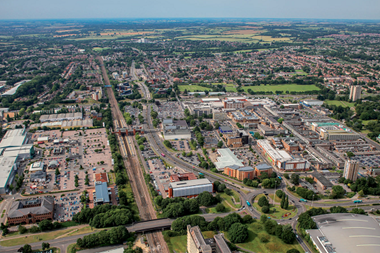The UK has been a key location for many overseas buyers looking to invest in commercial and residential real estate in recent years. In the past seven years, for example, London property witnessed capital growth of around 70% where, in 2015 alone, some $82.5bn of foreign investment flowed into UK real estate.

Following Brexit, analysts have expressed fears that investment would stall. A third of ongoing property deals collapsed or had to be renegotiated in the immediate aftermath, and investment into UKs’ Capital in the run up to Brexit dropped to $25bn, down from $39bn in the previous year. Large institutional property investors such as M&G Real Estate, warned that property values could fall by 10% during negotiations about the UK’s position outside the EU.
Middle Eastern investors are historically significant investors in UK real estate and still have a keen appetite for UK property. Middle Eastern investors bought at least $7.2bn of UK property in 2015 and accounted for more than 20% of buy-to-let property sales.
Following significant drops in oil prices and increasing geopolitical volatilities across the Middle East, Sovereign wealth funds, family-offices and high net worth private individuals are investing overseas in order to hedge their regional and domestic market exposure and diversify their investments.
Irrespective of the Brexit vote, the UK is still an attractive location for investment from the Gulf. Brexit has weakened the pound making UK property cheaper than before the referendum for overseas buyers.

For Middle Eastern investors, the UK has strong economic and cultural attractions. Many Middle East investors have close personal and professional ties to UK businesses and universities.
From an investment perspective, low interest rates, high market liquidity, relative political stability, strong legal and regulatory frameworks and an Islamic finance friendly banking environment come together to form a strong foundation for investors and increase the attractiveness of UK property.
Targeting untapped locations
Nonetheless, London no longer represents the most attractive investment location it once was. With properties often costing more than three times those in the rest of the UK, high competition depressing margins, higher stamp duty levies and the overly optimistic pre-Brexit focus on high-end luxury developments, many overseas investors are starting to look elsewhere.
Given this backdrop, at MBU Capital we are seeing a growing willingness amongst investors to consider regions outside of London, targeting untapped locations in the home counties and in commuter belt town locations such as Stevenage, Luton and Harlow. In 2015 investors spent $25bn on property outside of London as they sought to diversify their portfolios and generate better returns.

With significantly lower priced property as much as 60% lower than central London and in many cases a better quality of family life, commuters can enjoy huge savings and benefits without any compromise on work travel times. As such, investors have started to recognise that any Brexit related property market corrections may benefit areas outside of the capital.
These locations often welcome commercial and residential schemes which promote regeneration and benefit local communities. Undervalued commuter town locations offer a combination of affordability and travel connectivity into the city translating into attractive investment returns.






























No comments yet